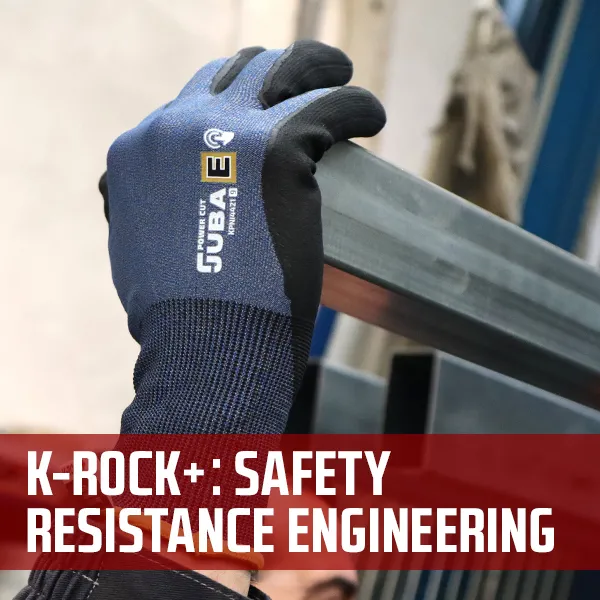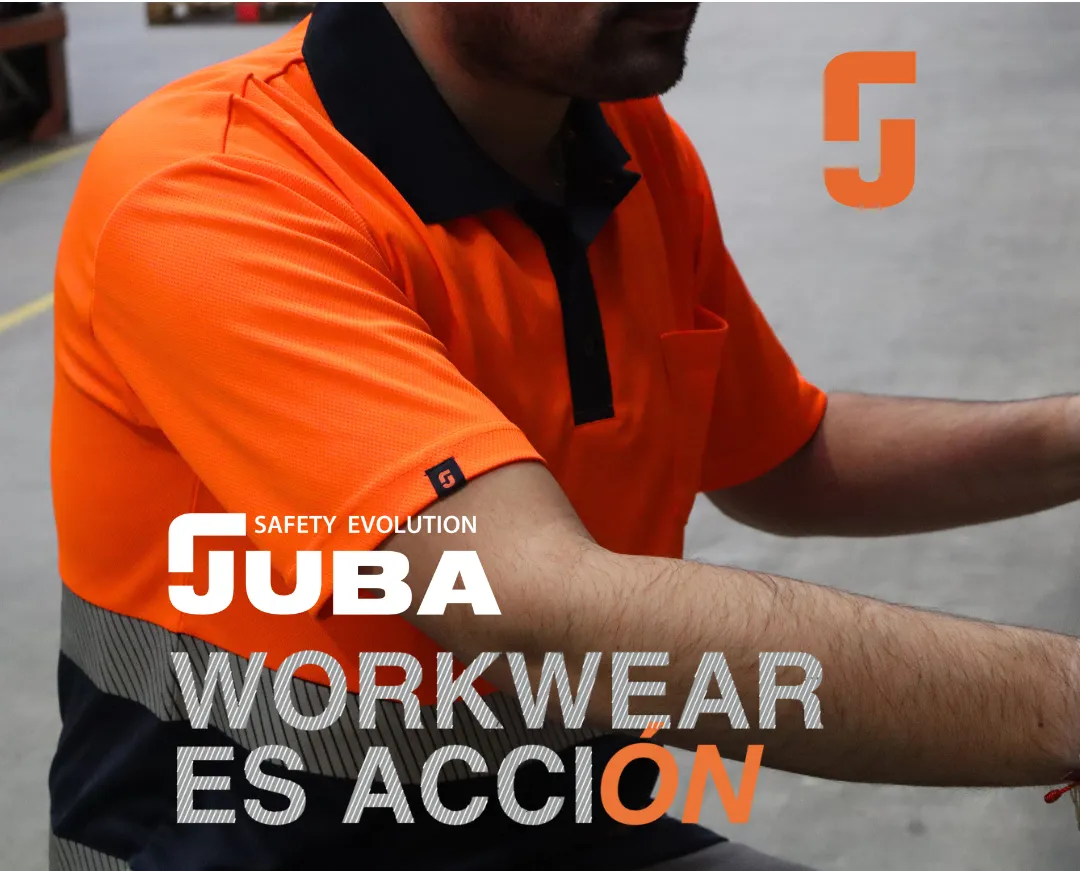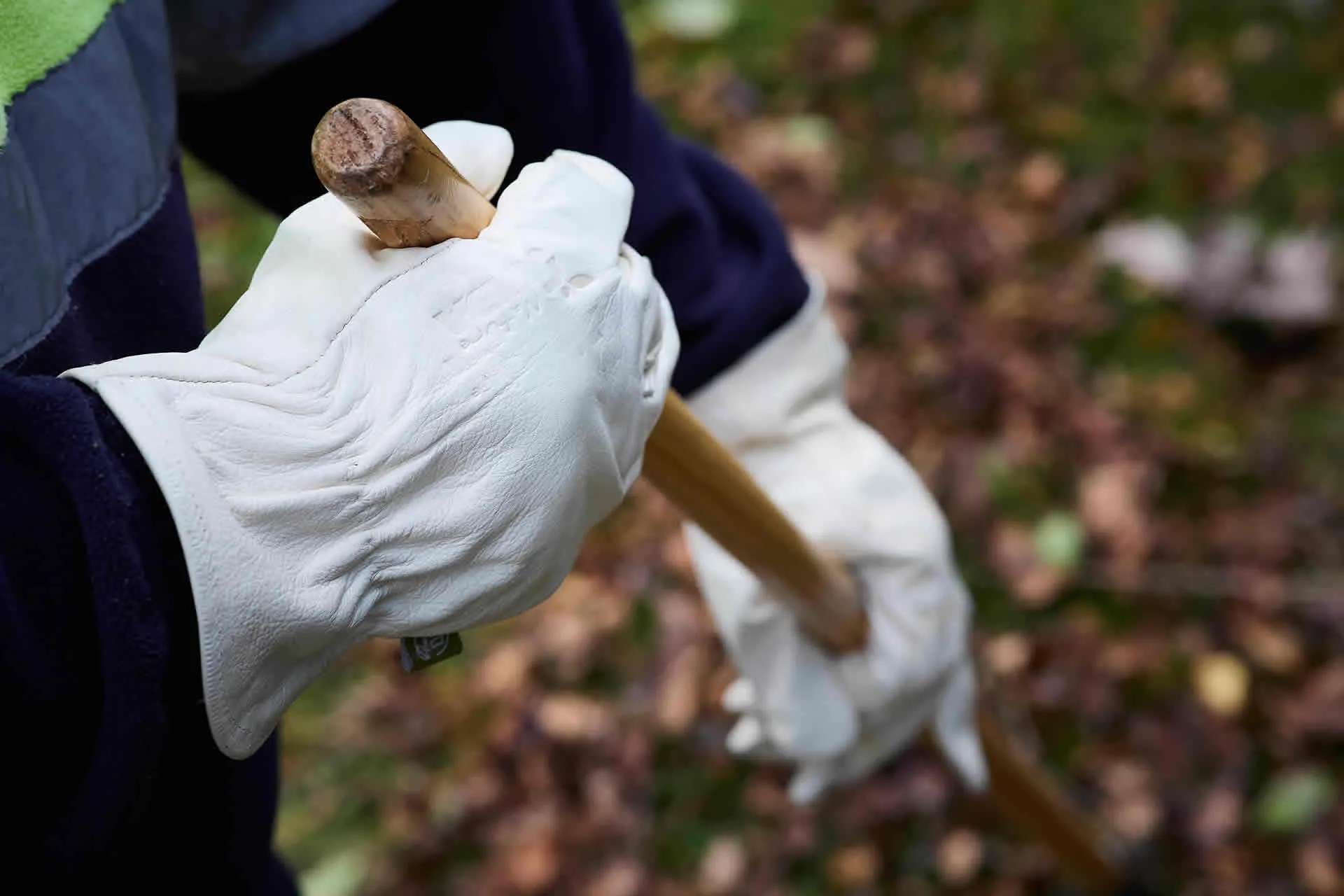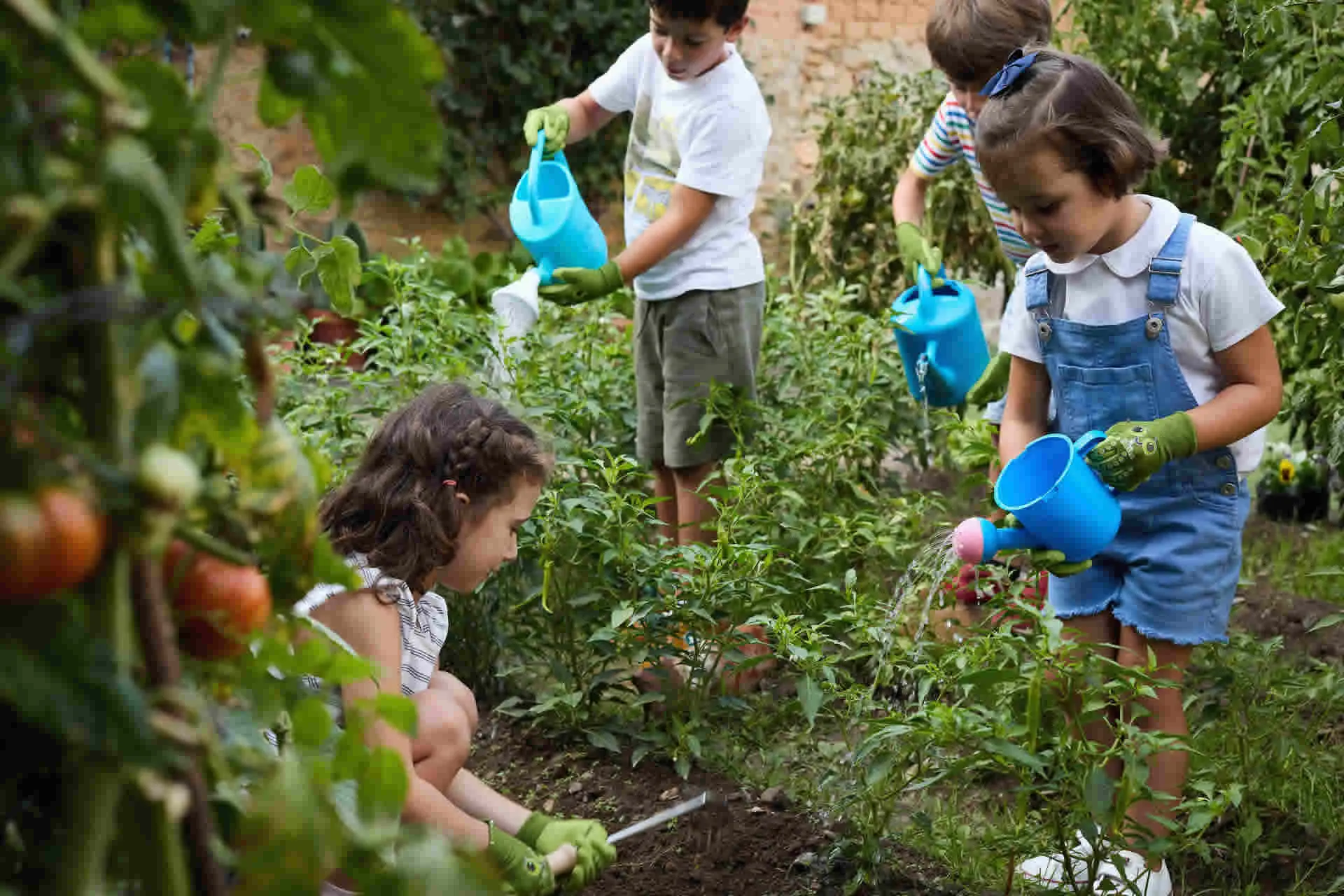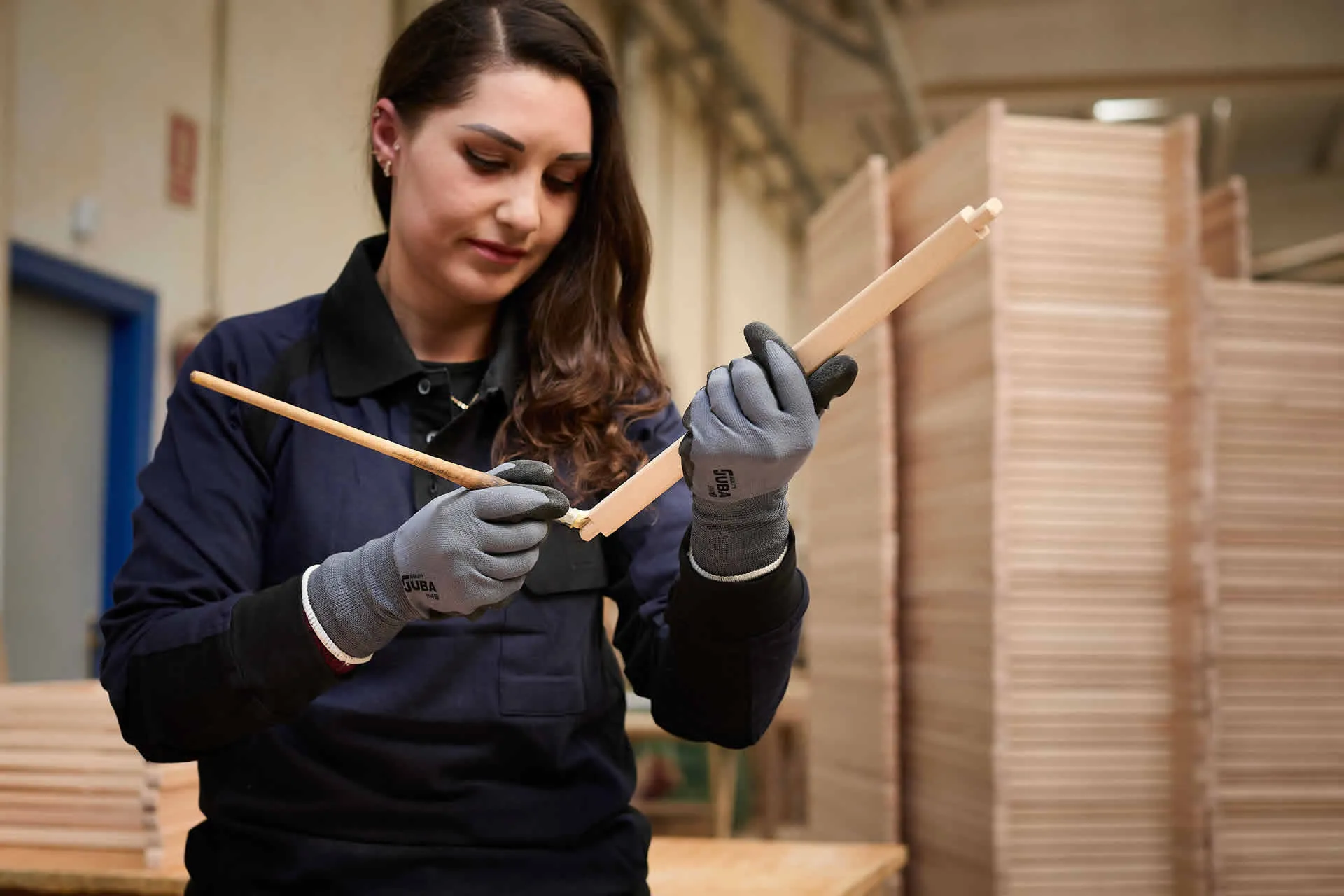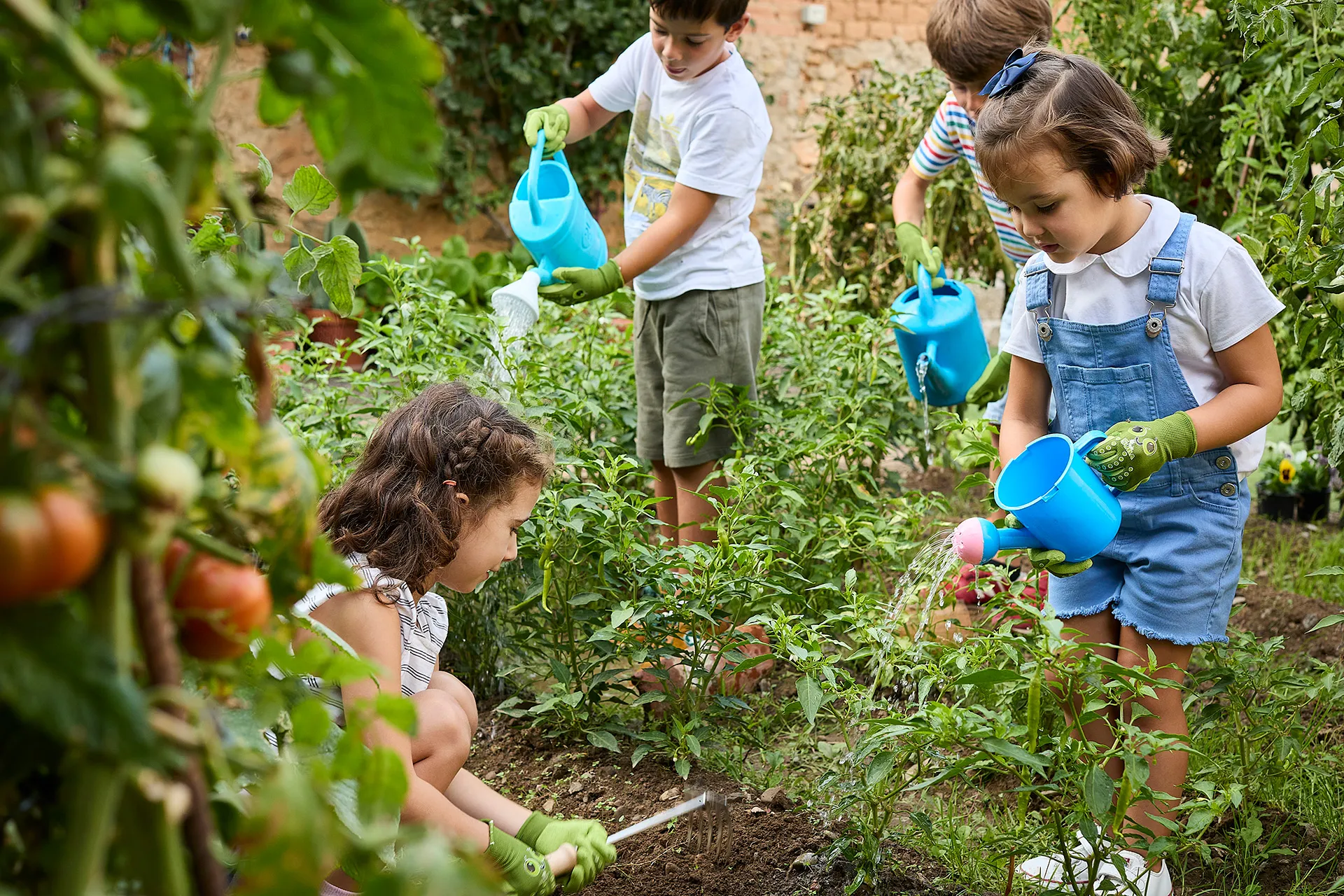
We care for the planet
At Juba we are aware of the impact we have on our planet and we strive every day to contribute to positive change. Our sustainability strategy aims to reduce our emissions and prioritises our relationship with biodiversity.
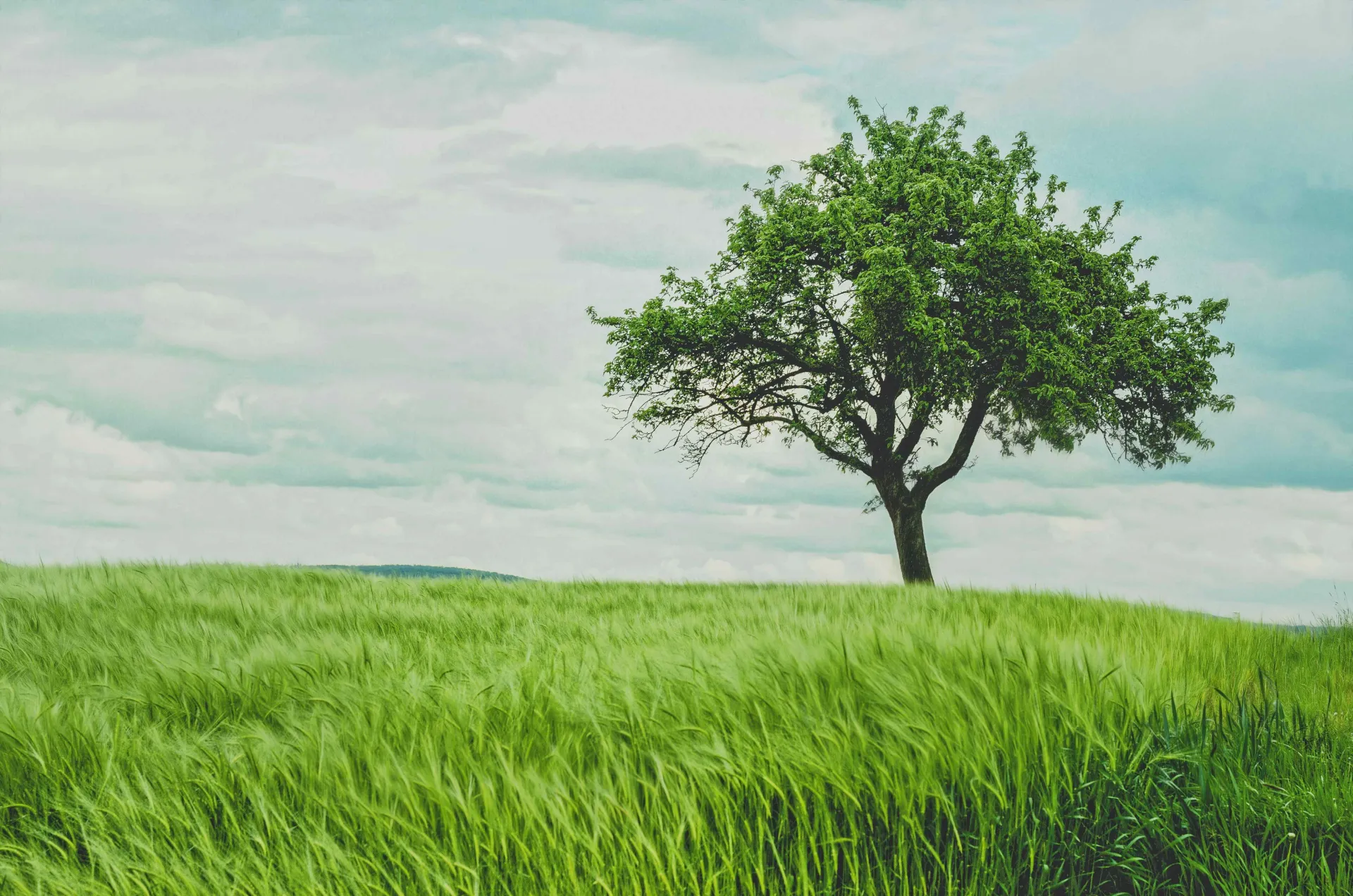
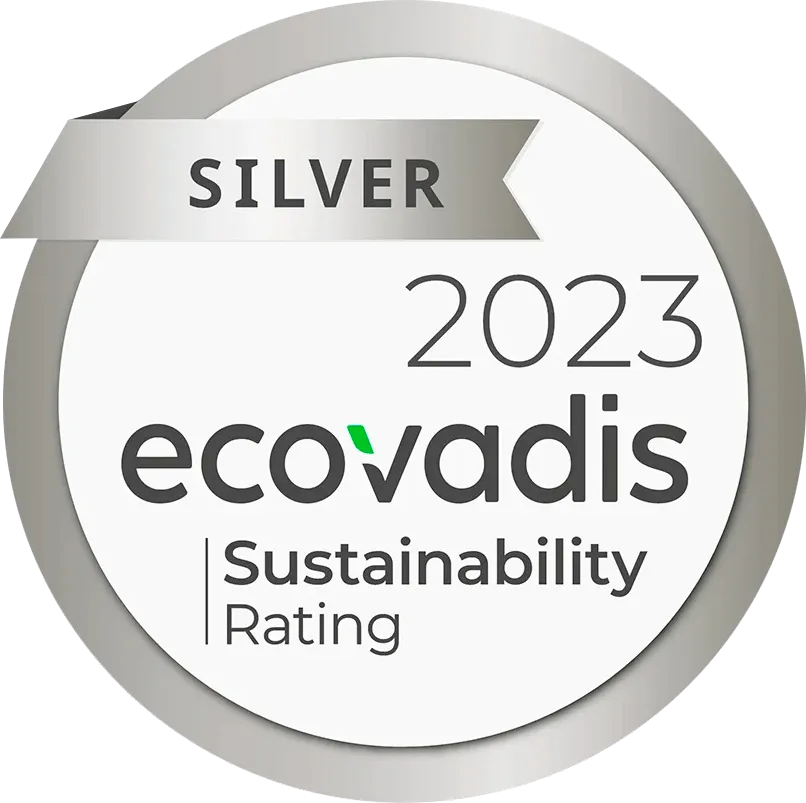
Ecovadis
Performance on environmental sustainability; in labour practices and human rights; in sustainable procurement; and in ethical conduct are some of the parameters analysed by Ecovadis. Analysts on the global platform gave Juba scores well above most companies in the sector.
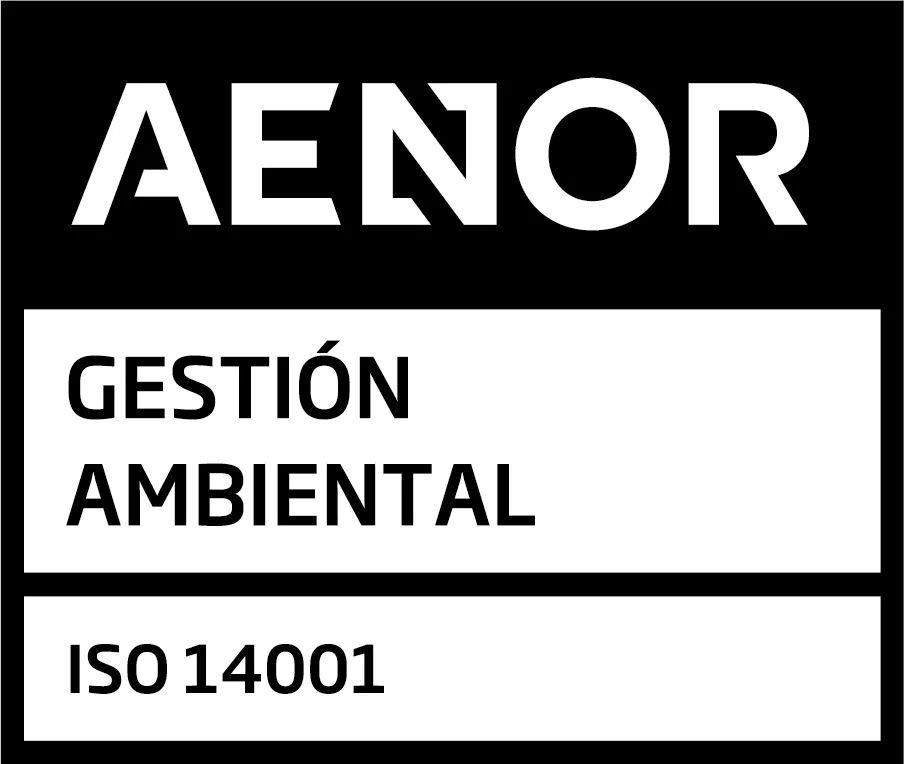
ISO 14001
In addition, within the framework of environmental sustainability, Juba has the ISO 14001 certificación in recognition of its commitment to promoting environmental protection and pollution prevention from a socio-economic point of view.
GOTS
Regarding the organic status of the textile products, Juba has been certified with Global Organic Textile Standard (GOTS), which encompasses the process from the collection of raw materials, through manufacturing to labelling in an environmentally and socially responsible manner with at least 70% certified organic natural fibres, in order to offer guarantees of safety and credibility to the consumer.
Towards ‘Net Zero’
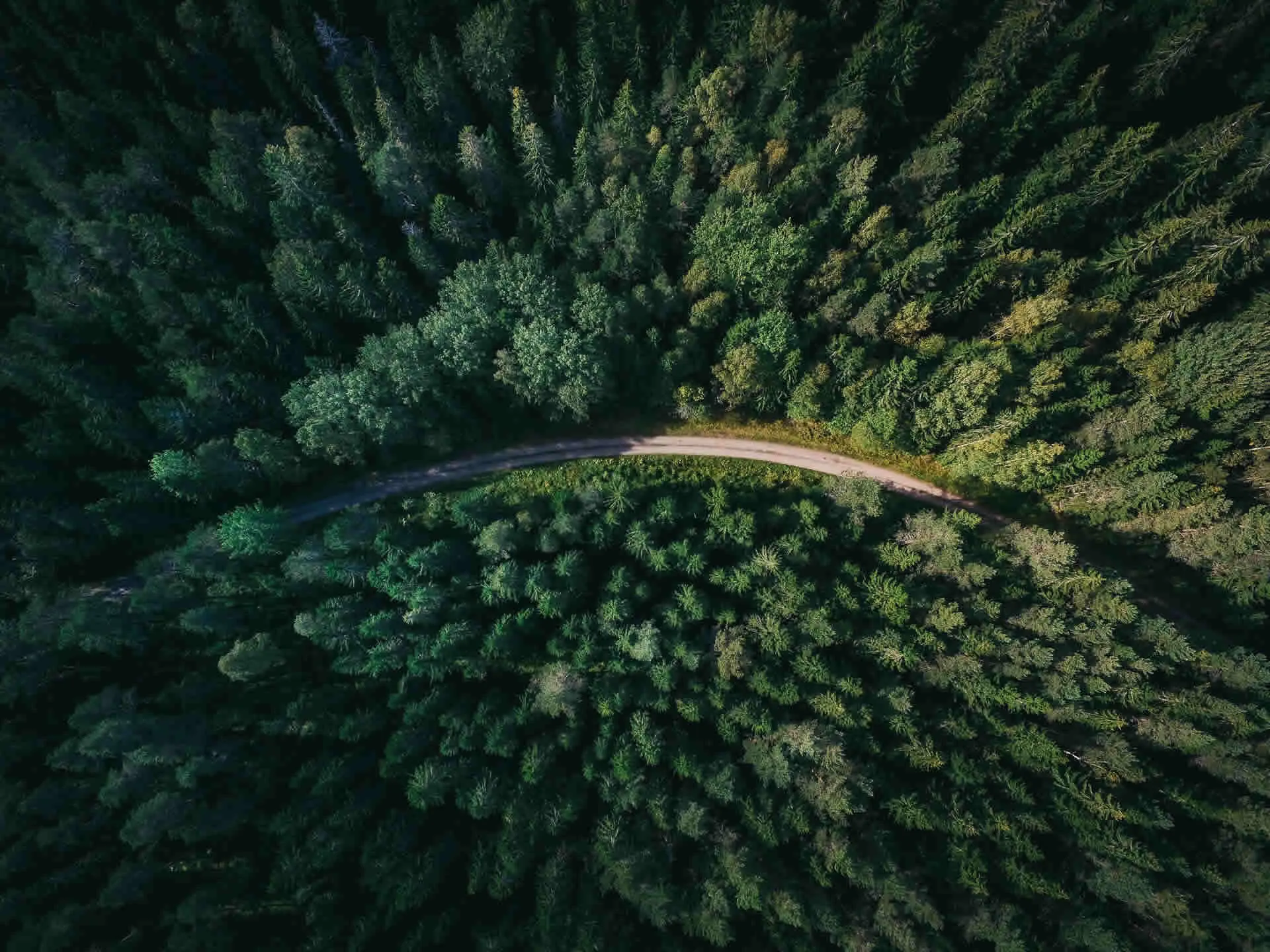
All our products are designed in Europe, but some are manufactured in Asia, so we prioritise sea freight for inbound shipments. We strive to minimise CO2 emissions by collaborating with our shipping partners. In fact, Juba has a Carbon Footprint Calculator developed by Bunzl Spain and certified by AENOR based on the GHG Protocol. This tool also makes it easier for our customers to calculate it in relation to distribution. In this way we can cooperate by providing them with strategic data to drive optimisation and savings in their operations.
The Calculator has been a driving force in obtaining CÁLCULO, a seal of the Spanish Climate Change Office that distinguishes three levels of participation: carbon footprint calculation, reduction and offsetting. Juba has achieved all of them, which includes the emissions associated with the supply chain (purchase of products and services), the life cycle of fuels and energy consumed, the transport and distribution of goods by transport providers, the management of waste generated and the travel of employees.
Packaging: reduction and recycling measures
The best waste is the waste that is not generated. In order to optimise and reduce the use of materials and waste throughout our value chain, Juba has launched several projects to eliminate or replace plastic components and packaging.
All glove packaging in the retail range has been made more sustainable by replacing individual plastic bags with 100% recycled cardboard blister packs and virgin cardboard blister packs with 100% recycled cardboard. In addition, sustainable water-based varnish is used on the blister packs and the plasticising has been eliminated.
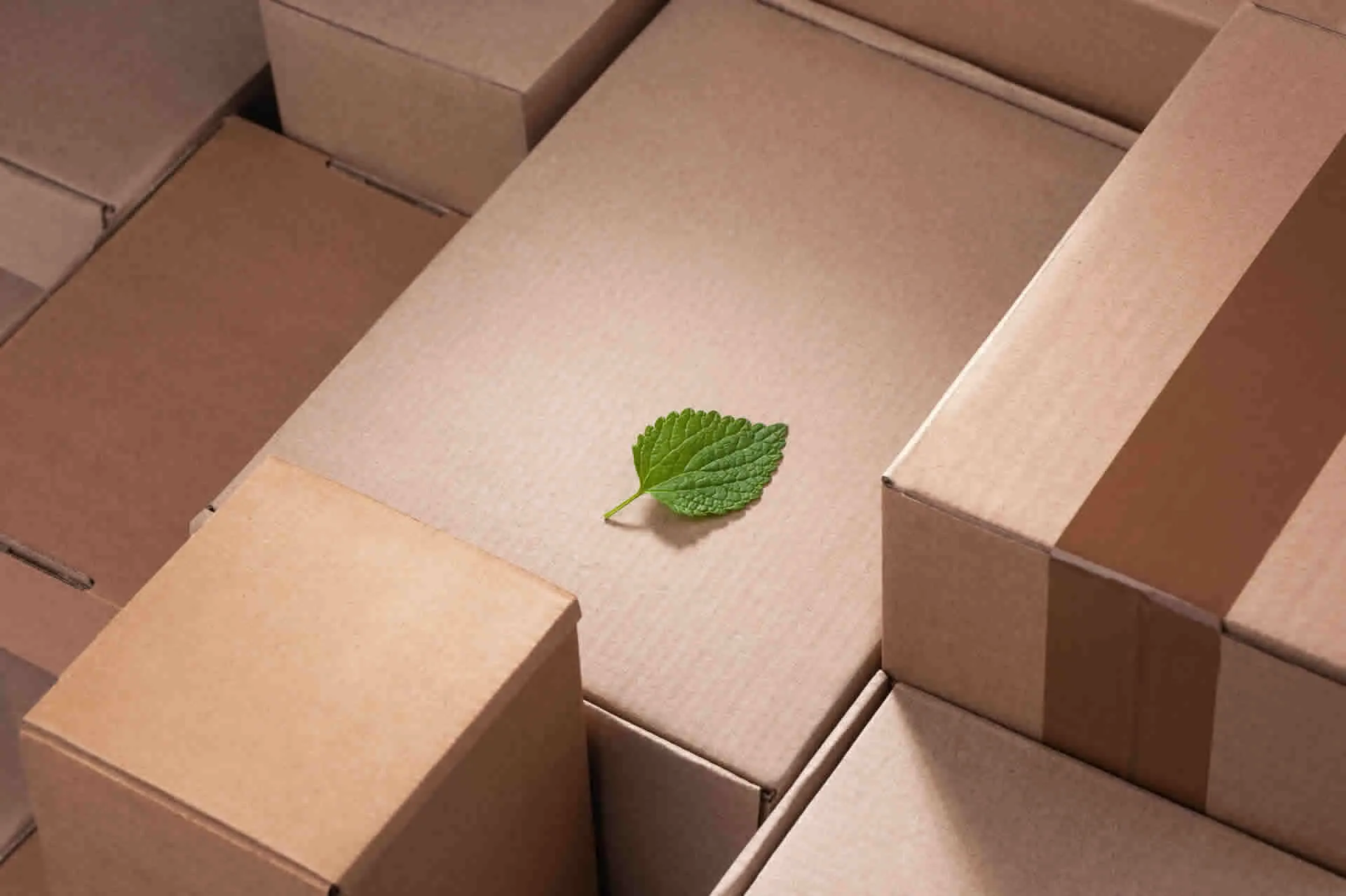
More than 6.800 trees planted
At Juba we calculate our carbon footprint, work to reduce it and offset it, which is why we have planted more than 6.800 trees in Pobladura del Valle, Zamora. This natural CO2 sink contributes to SDG 13: Climate Action, increasing biodiversity, protecting the soil, improving water catchment and supporting rural development. We continue to move towards a greener and more sustainable future.
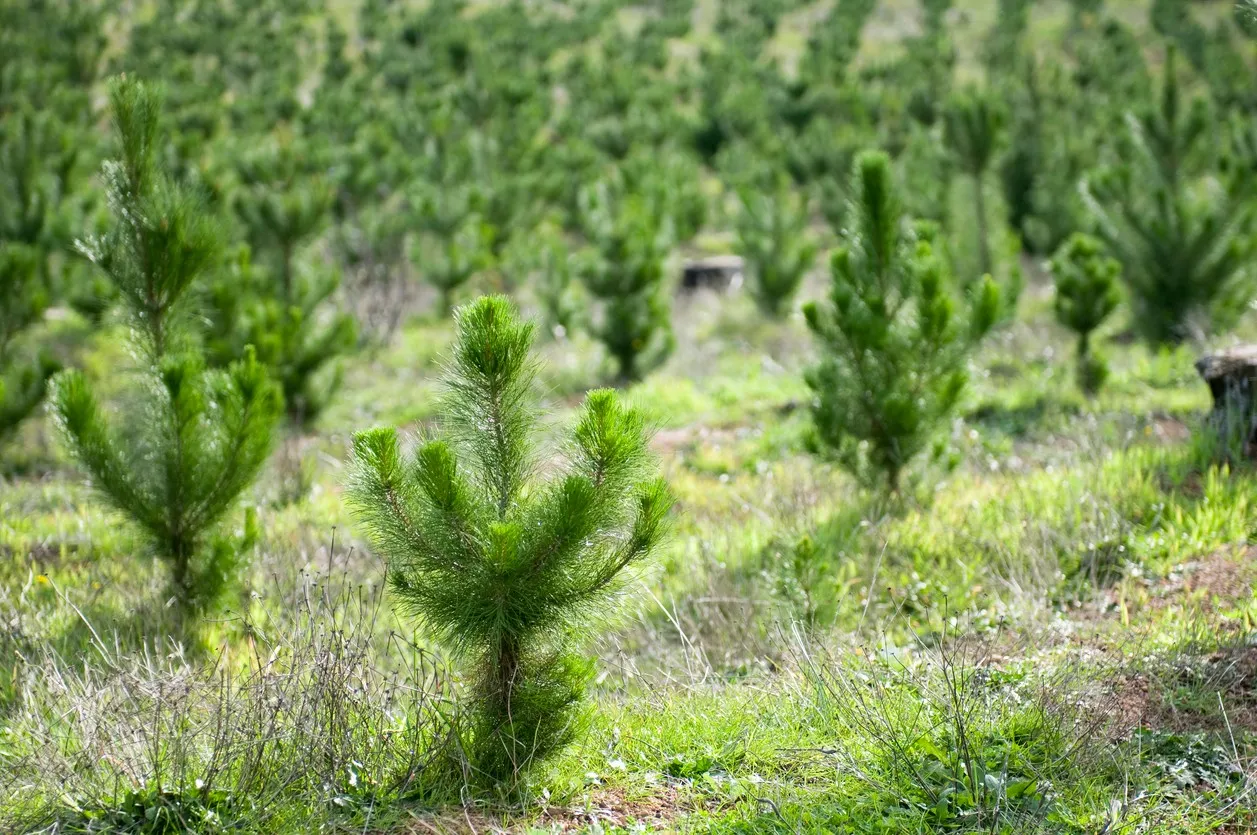
Commitment to renewable energy
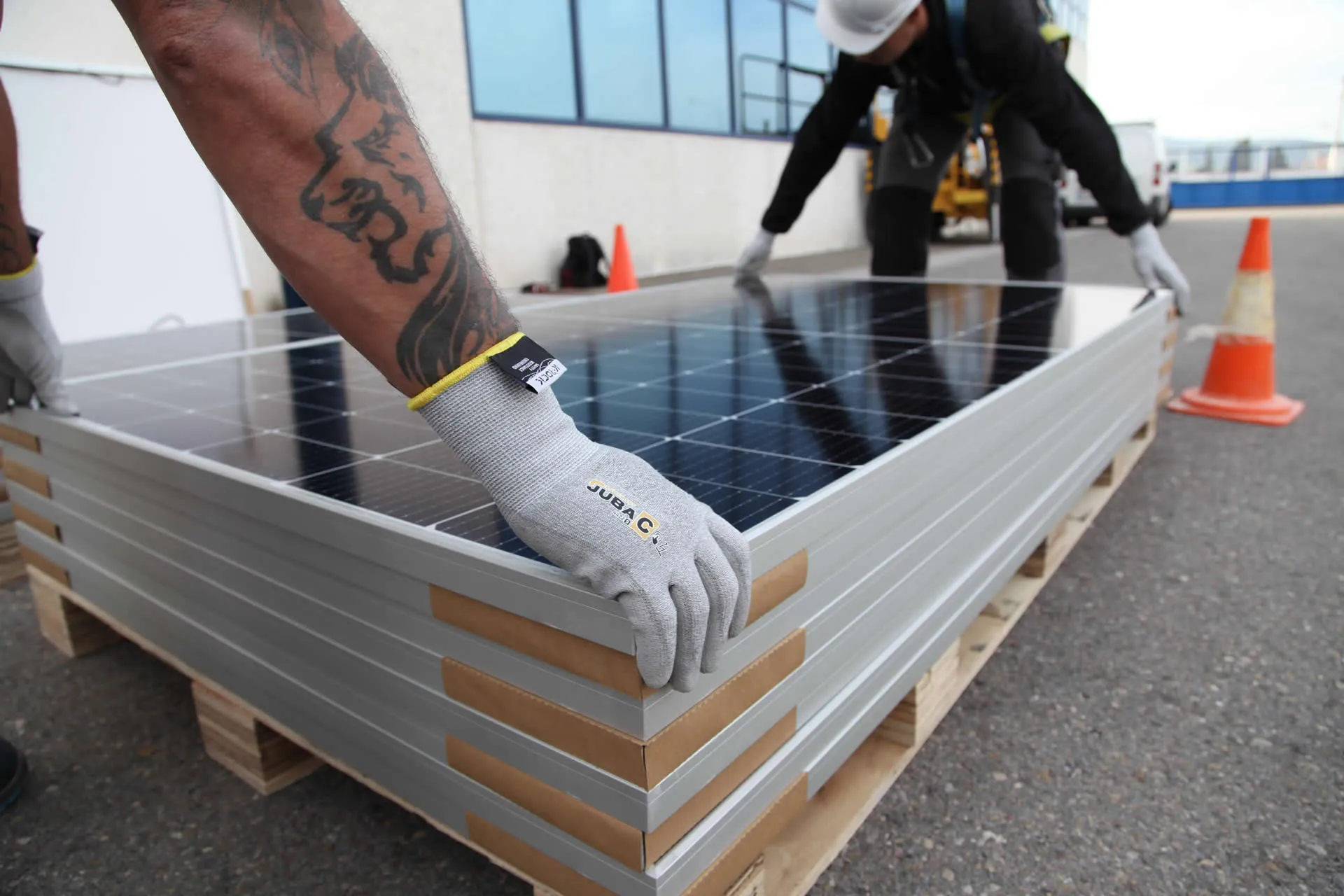
From 2023, Juba will emit ZERO NET emissions, as it relies on renewable energy as a source of energy in its facilities. In addition, at its headquarters in Santo Domingo de la Calzada (La Rioja) it produces its own clean and renewable energy through its own system of solar panels.
Ongoing efforts to achieve energy optimisation include initiatives such as transitioning to LED lighting in all its warehouses, recycling paper and cardboard through certified recyclers, and improving heating and insulation systems.
UN Global Compact
To further advance our corporate responsibility in the areas of human rights, labor, environment and anti-corruption, in 2024 we joined the UN Global Compact, ratifying our commitment to the 17 Sustainable
Development Goals (SDGs) in order to contribute to the achievement of the major challenges facing our society: eradicating extreme poverty, combating inequality and curbing climate change by 2030, among others.
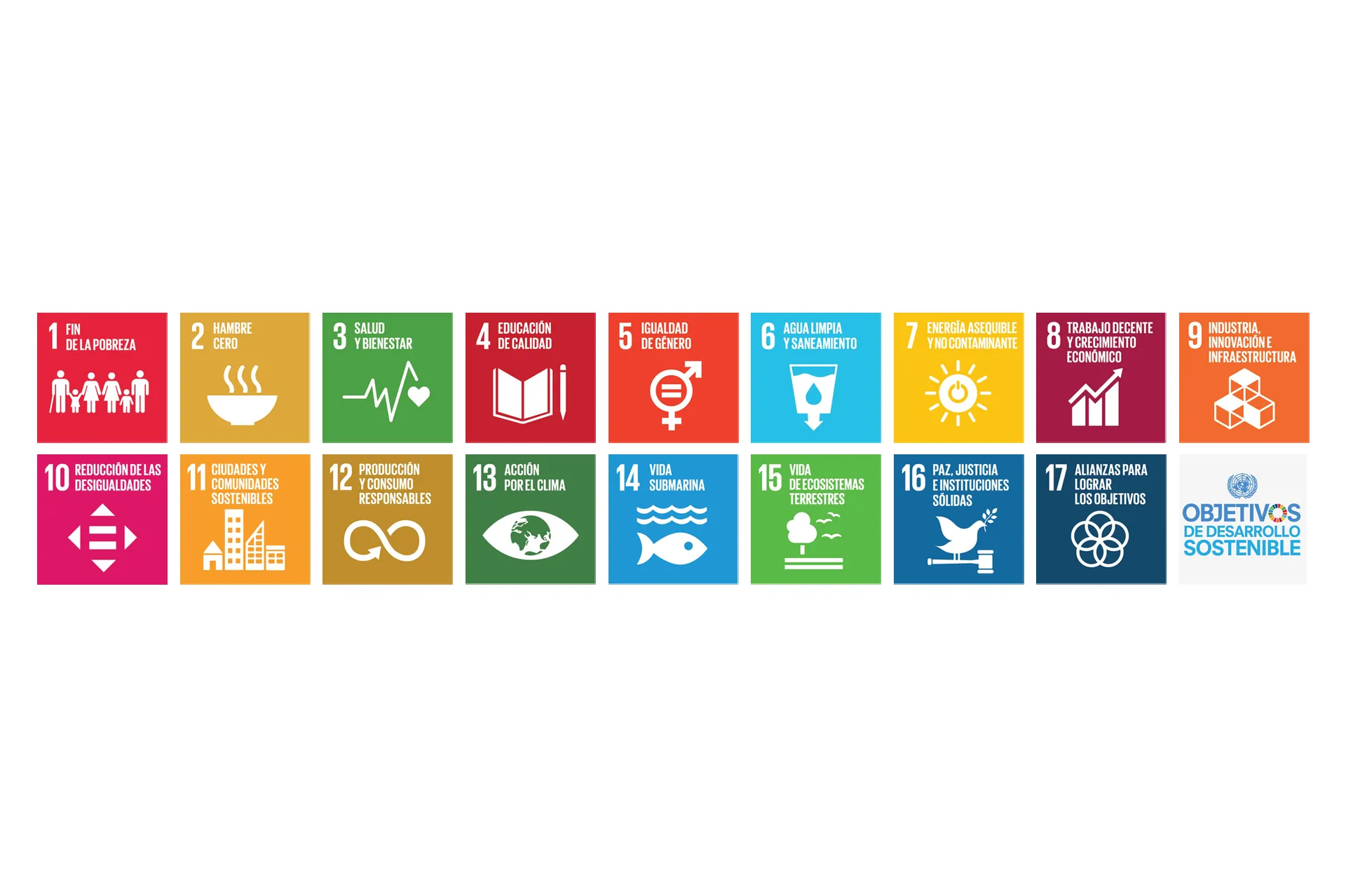
Audits of supplier factories
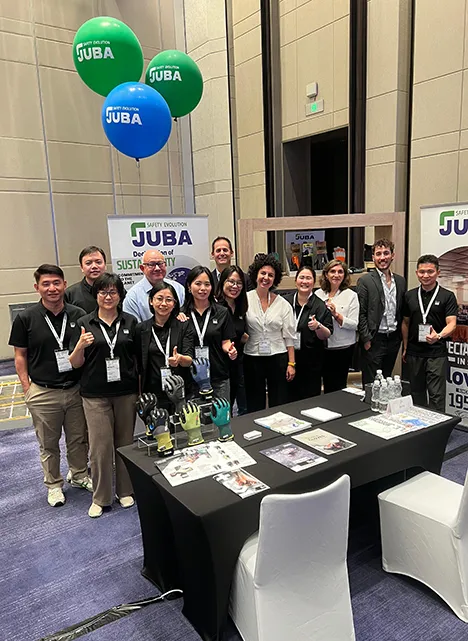
At Juba, we foster long-term relationships with our suppliers so that they are built on a firm and lasting basis. Suppliers are aligned with our strategy and actively participate by providing feedback, data and relevant information to set ambitious targets for the company.
Bunzl's Shanghai-based team enables a comprehensive level of oversight of our supply chain. This is a competitive advantage in our industry, as direct suppliers are audited on a regular basis.
Our Code of Conduct helps our suppliers make the right decisions regarding their employees and we require every effort to enforce it within their own supply chain. We take action in case of non-compliance, thus ensuring a responsible and sustainable supply chain.
